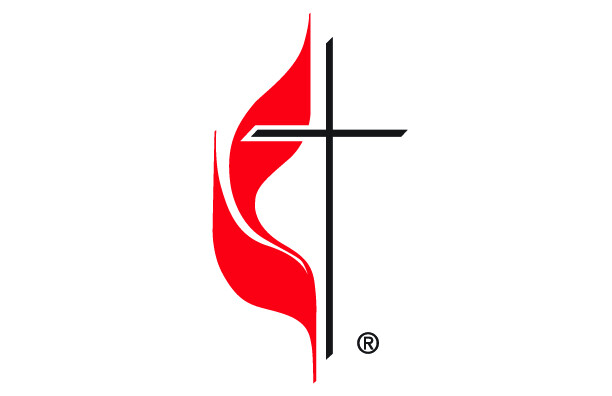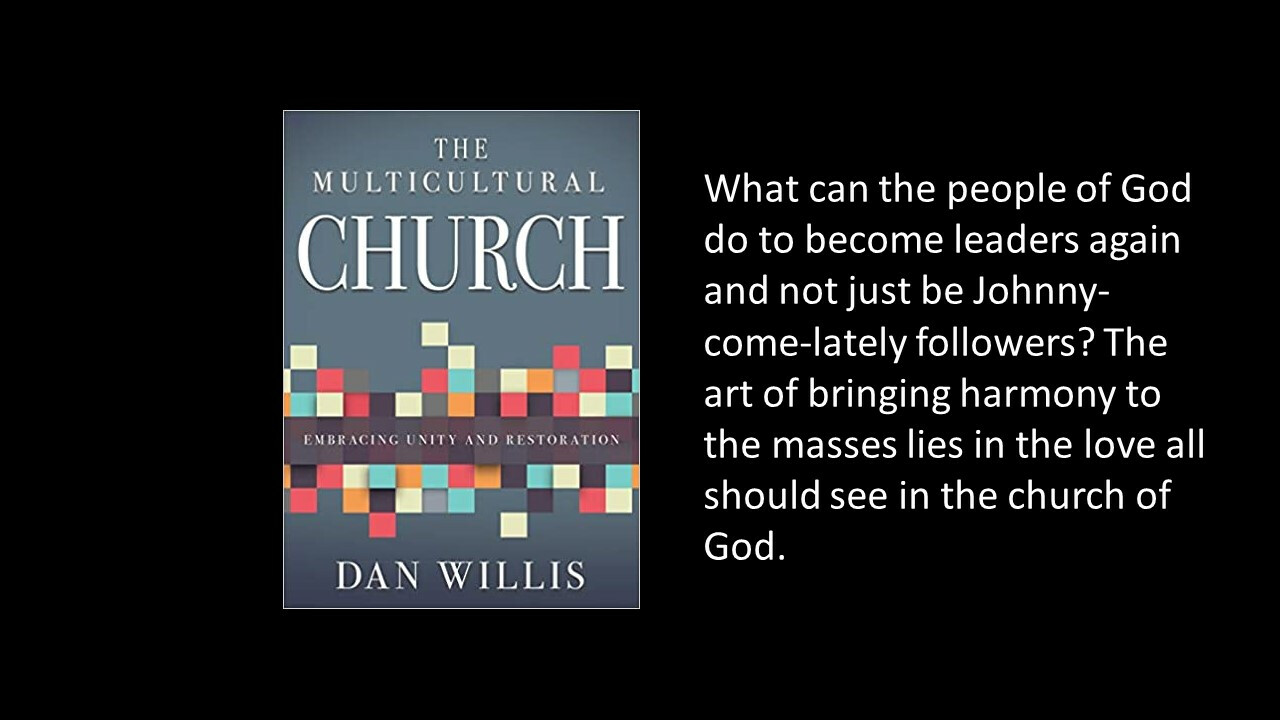I have finished reading "Thriving through Ministry Conflict." As we have learned in other readings, there will always be sabotage and conflict. But how can we deal with it, learn from it and continue our individual and collective growth and community impact?
Here are summary points I found interesting:
- Voices of dissent can be unexpressed pain points but often come across as personal attacks, draining pastors and parishioners.
- The average minister:
- highly committed,
- confused by the unrealistic expectations,
- and overwhelmed by incomprehensible conflict.
- Time to adjust expectations: Leaders cannot meet all the expectations of the congregation. trying to will leave them destroyed. It also sends the wrong message to the congregations that you "Can do it all."
- Care within legitimate expectations. Of self and others.
- Don't run from conflict. Conflict isn't the problem, it is how people relate to one another when there is conflict.
- The book talks about Adaptive change which I have written about in past blogs. A new way of thinking, perceiving, and behaving. You have to look deep inside yourself to make an adaptive change.
- Resolution of conflict begins with having the courage to look inside and ask probing questions of yourself.
- Technical change is change on the surface, It is not lasting change.
- Focus on efficiency and effectiveness
- When standards shift and expectations change without negotiation no one knows where they really stand and this results in negative reactions and behaviors.
- The authors use the terms Blue Zone, where people are professional and emotionally cool and the Red Zone, where people are unprofessional and create emotional heat that burns those around them.
- Blue Zone thinking: Focus on efficiency and effectiveness. The mission and business issues are the first priority.
- Red Zone thinking: Focuses more on feelings. No standards. People expect the church to be a family and they assume family roles.
- There is some familial aspect to a church; people that take care of each other. But when it comes to the leadership and function of the church, expecting family behavior is a recipe for disaster.
- There are things that families can do that organization, even churches, cannot. Workplaces and families serve very different purposes. A healthy church is full of people that give their all to their families/relationships
- and also give their all to the church but in different ways.
- Do we tend to focus more on technical or adaptive change when we meet an obstacle? Are we leading from the Red or Blue Zone?








Login To Leave Comment